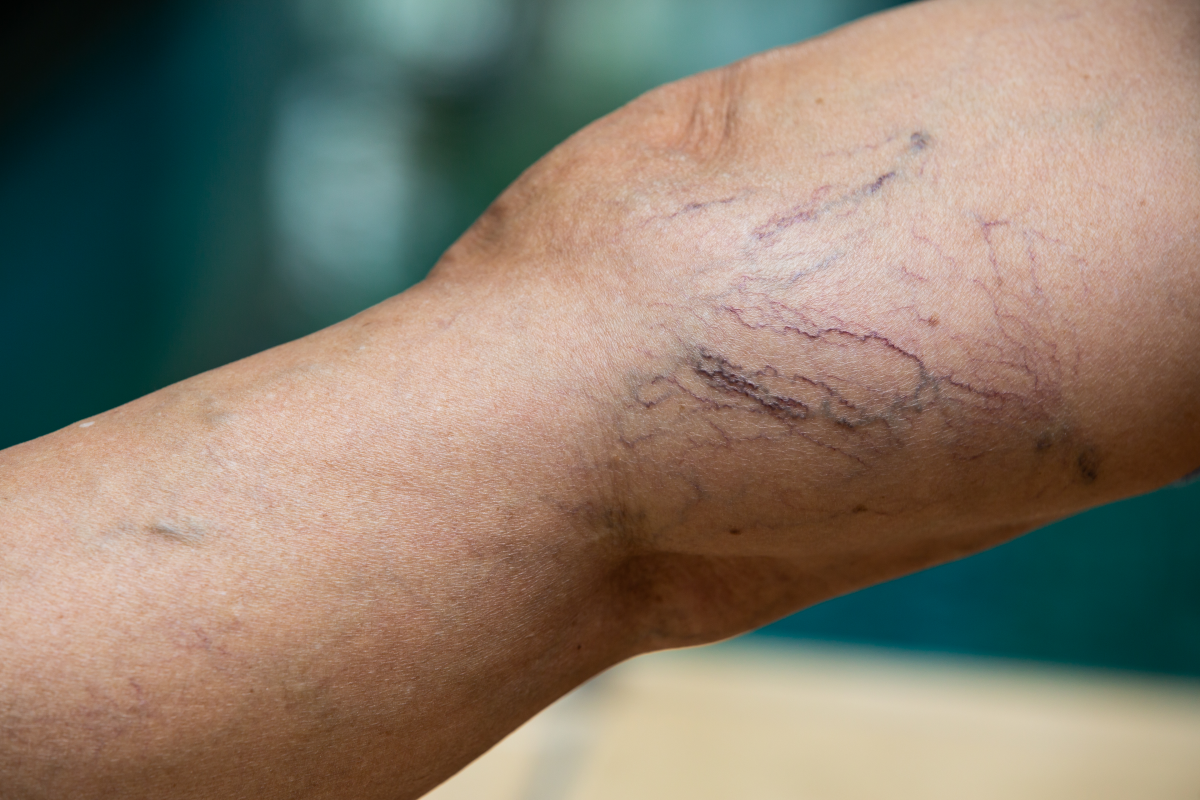A top medical center shares their experience on varicose vein surgery costs, insurance plans and eligibility
One in two Americans suffers from varicose veins or spider veins. Few of them, however, decide to actually get them fixed. A major deterrent in getting the right treatment for varicose veins is the cost… But how much does it cost, really? This article explores that, and tells you whether you can get your treatment covered through insurance.
Varicose vein surgery costs would depend on the kind of treatment that you are taking
Tried and tested minimally invasive solutions:
Most vein specialists use either radiofrequency ablation, or endovenous laser ablation to treat varicose veins. In these procedures, the skin over the defective vein is numbed, and a tiny incision is made over the vein. A radiofrequency catheter (or a laser fiber) is advanced into the vein, so that it covers the whole length. Heat is then delivered through the catheter/ fiber to destroy the vein. Both procedures are equally effective at removing varicose veins. However, endovenous laser ablation may have more procedural discomfort, because of the intensity of laser energy. Ablation procedures usually cost between $3000 and $5000, depending on the practice location.

Advanced minimally invasive solutions
VenaSeal is a recently introduced, cutting-edge procedure that eliminates the need for anesthesia and skin incisions. It simply involves injecting medicated glue into the defective vein. the glue blocks up the vein, which hardens, shrinks and disappears over time. Because this is a new technique, it is more expensive, and costs can range from $5000 to $13,000.
Invasive surgery:
Experienced vein specialists no longer recommend invasive surgery. Invasive surgery includes either complete surgical removal (called vein stripping), or tying the vein off (called vein ligation). These procedures usually involve hospital admission and anesthesia. While the actual procedure costs around $1500 – $3000, this does not include the cost of admission, anesthesia and postoperative care. Invasive procedures also require a long recovery time, unlike minimally invasive procedures, so you should take into account the cost of missed work and productivity.
Treatment only for spider veins or small varicose veins
If you are only getting your spider veins treated, and you do not have any symptoms of vein disease, you may opt for sclerotherapy or Varithena. In Scerotherapy, a medicated solution called sclerosant is directly injected into your veins. When the sclerosant touches the vein walls, it causes them to swell up, stick together and seal off. Varithena is a technique meant for slightly larger veins. It uses foam instead of sclerosant, which can disperse over a larger area. Sclerotherapy typically costs around $350 per session, while Varithena can cost between $1500 to $3000.
Will insurance cover my varicose vein surgery costs?
Considering that varicose vein surgery costs can be expensive, most of us worry whether it can be paid for through insurance. The answer to that depends on two important points:

Factors that are indicative of vein disease
If you have symptoms of vein disease, you are more likely to receive insurance coverage. What are these symptoms? Usually, a feeling of heaviness or throbbing pain in the feet and ankles is a classic sign of vein disease. This may also be accompanied by swollen ankles, leg cramps, and genera fatigue. You may also notice that the skin over these veins is discolored, or is itchy. Be sure to report all these symptoms accurately to your vein specialist. Insurance payers may also look for a duplex ultrasound, which will show evidence of venous reflux. Your vein specialist will usually do an ultrasound to check if you have vein disease, even if you do not have symptoms. In most cases, your insurance company will require you to try non-surgical methods such as exercise, weight loss or compression stockings before approving your vein treatment.
The method of varicose vein treatment that you choose
While most forms of varicose vein treatments are covered by insurance, some may not. Radiofrequency ablation and endovenous ablation are usually covered by insurance. VenaSeal, on the other hand, is a relatively recent technique that does not have enough scientific literature to endorse backing. So not all insurance plans may cover this.
If you do not have any symptoms, and are only getting your spider veins treated for cosmetic reasons, you will probably not be eligible for coverage. If this the case, though, you may be only need scleotherapy, which costs less compared to the other forms of treatment. You could talk to the vein clinic about split payments, so that it wouldn’t be too hard on your pocket.
The Vein Treatment Clinic: Get high quality, affordable vein care without worrying about the costs!
If you have decided to get your varicose veins treated, you would naturally want to balance the quality of treatment against the cost. At Vein Treatment Clinic, we pride ourselves on delivering state of the art vein care at reasonable costs.
VTC has on board the nation’s most acclaimed vein doctors, who are Ivy-league trained, board certified specialists. VTC chooses its doctors based solely on merit, so you can be sure that you are in the hands of really skilled experts. Our doctors screen all patients for venous reflux and symptomatic vein disease. VTC offers a wide range of minimally invasive treatment procedures, so you can choose what suits you the best, based on the vein condition that you have, your body’s comfort level and your budget. VTC accepts most major insurance types, including Medicare.
The staff at VTC are committed to working with you on the costs of vein treatment. If you have any queries regarding our treatment costs, insurance coverage, or the procedure itself, please call (844) 690-1788, or book an appointment online.







